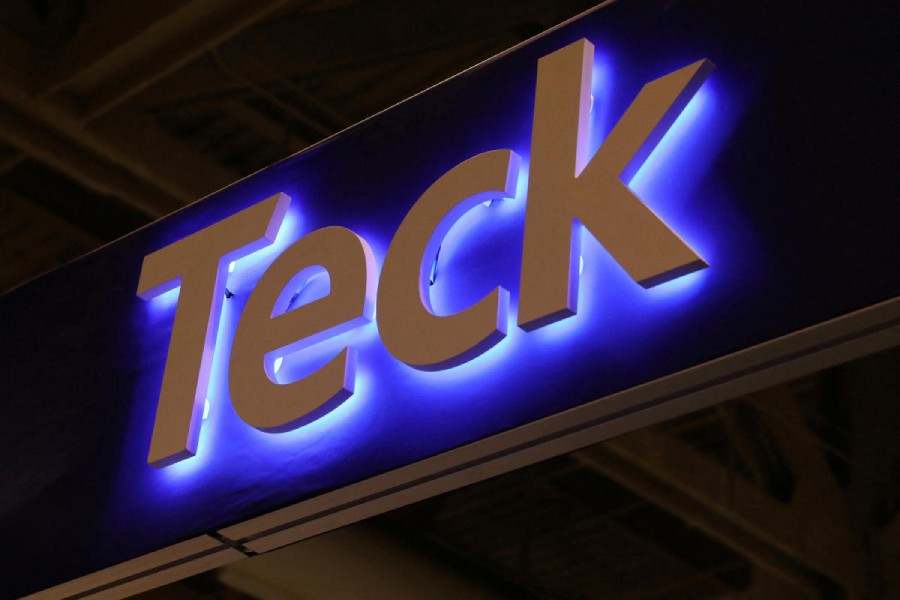India’s JSW Steel Ltd’s discussions with Canada’s Teck Resources over buying a possible stake in its coking coal unit have yielded “nothing concrete”, JSW Steel chief executive Jayant Acharya told Reuters on Monday.
Last month, Reuters reported that JSW Steel, India’s largest steel maker by capacity, had slowed down the process to buy a stake in Teck Resources because of a diplomatic spat between New Delhi and Canada.
“There is nothing concrete on Teck. We are in discussion with strategic possibilities among which Teck is one,” Acharya said in an interview.
Teck did not immediately respond to a Reuters email seeking comments.
Ties between India and Canada deteriorated after New Delhi and Ottawa expelled each other’s diplomats following the murder of a Sikh separatist leader in the Canadian province of British Columbia in June.
Acharya said the diplomatic row should not impact business decisions, adding “let us see how those situations evolve”.
Acharya said the company was exploring overseas coal assets in different countries, including Australia, without elaborating.
He further said an increase in prices of coking coal, used in steelmaking, in the last one and a half months would affect costs during October-December unless they moderated.
The steel maker reported a second-quarter profit last week, helped by robust domestic demand and lower input costs.
It imports coking coal from Australia, Canada, the US and some grades from Russia, he said.
Acharya said the company would continue to focus on sales in the local market because of strong demand.
“We are not pursuing exports since domestic demand is very strong,” he said, adding that exports were likely to be in the range of 10-15 per cent of overall sales.
The company’s presence in the Middle East was also “very minimal”, he said, sheltering the company from any impact from the conflict in the region. Reuters











